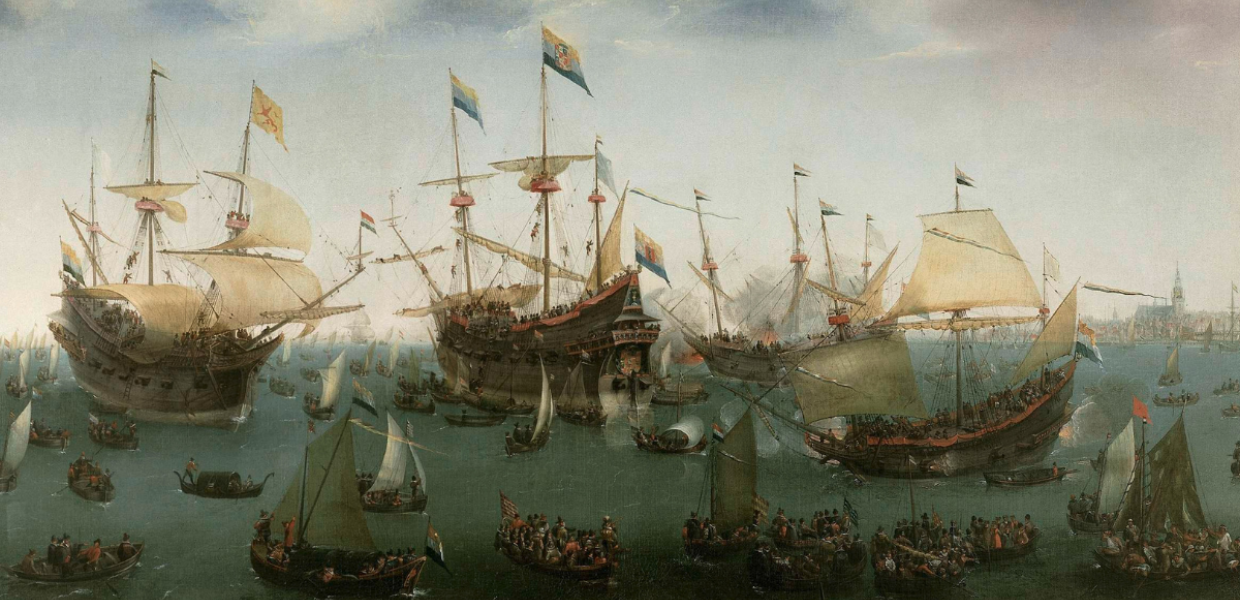While characterised by the challenges of the COVID-19 pandemic, the 2020-2021 school year offered educators the opportunity to develop new resources to better integrate digital cultural heritage in education. We were delighted that over this period, more than 2,200 primary and secondary school teachers, museum educators, and other cultural heritage professionals created educational resources with Europeana content or used them in face-to-face and/or online classes, impacting more than 17,000 students. What innovative activities did Europeana and European Schoolnet work on to ensure this engagement?
'Digital Education with Cultural Heritage' MOOC
The 'Digital Education with Cultural Heritage' MOOC ran from March 2021 to April 2021. It offered participants the chance to deepen their knowledge of digital cultural heritage, while exploring Europeana resources and various educational tools. About 1,100 educators (of which half were primary or secondary school teachers), cultural heritage professionals and researchers participated, and almost 550 of them successfully completed the online course. Participants were introduced to different ways of creating learning scenarios, combining the use of digital cultural heritage with innovative pedagogies. The course explored methods of engaging students ranging from flipping the classroom, to project-based learning, to gamification, and more!
The Teaching with Europeana blog
With more than 100,000 page views and 30,000 users accessing its content between September 2020 - June 2021, the Teaching with Europeana blog has been shown to be a valuable tool for educators. It offers a wide range of learning resources and educational tools to easily integrate digital cultural heritage into everyday educational practices.
Since September 2020, about 200 new learning scenarios and over 40 stories of implementation have been produced for the blog. These offer inspiration and guidance to educators who want to bring cultural heritage into their classrooms. The significant number of new contributions is a result of the engagement and work of a large community made up of 11 teacher ambassadors, 3 museum ambassadors, 91 Europeana User Group teachers, 14 Europeana User Group museum educators and participants of the ‘Digital Education with Cultural Heritage’ MOOC.
This year, a working group of educators approached the prominent and important topic of inclusion and diversity by developing eight thematic learning scenarios and four stories of implementation, dealing with cultural diversity, gender identity and stereotypes, and ability diversity themes, suggesting inclusion strategies and techniques as a means of avoiding prejudice and bias. These resources reflect and demonstrate how a diverse learning environment can expand learners’ cognitive, social, and cultural skills.
Europeana Education Competition 2021
The Europeana Education Competition 2021 invited primary and secondary school teachers, museum educators and cultural heritage professionals to find innovative ways of using artistic and scientific educational heritage in their activities. 89 entries were submitted from 18 different countries, and the 24 best resources were rewarded and included in the handbook Digital Learning in the Pandemic.
A handbook of best practice
We are delighted to have recently published the Digital Learning in the Pandemic handbook. As its name suggests, the handbook includes best practices and examples of digital learning which were created and tested in formal and non-formal educational settings during the 2020-2021 school year. The learning scenarios and stories of implementation it includes are organised into eight different topics – Art, Diversity and Inclusion, Environment, History, Language Subjects, Music, Philosophy, STEAM (STEM + Arts) – according to the key competences promoted, the methodology and trends they follow as well as the innovative activities they include. We hope that this will prove a valuable resource for educators!
Find out more
To share the work that they have undertaken over the past academic year, Europeana Education and European Schoolnet have produced an illustrated ‘Europeana Education: Activities’ summary 2020-2021’. If you are a policymaker or a cultural heritage professional working in education and want to know more about capacity building for innovative pedagogies and the impact of using digital cultural heritage for learning, explore the presentation through the slides below, or open it in Google slides. You can also contact Isabel Crespo at [email protected], to find out more.




